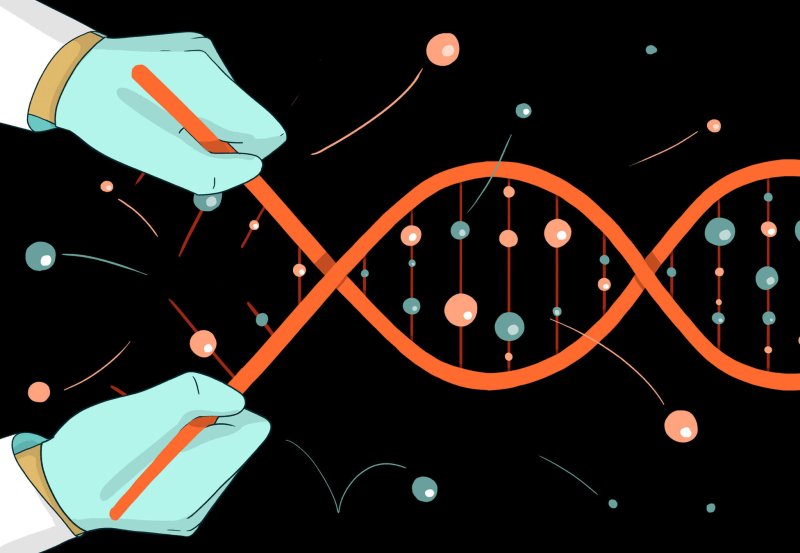Until recently, CRISPR—the gene-editing technology that won scientists Jennifer Doudna and Emmanuelle Charpentier the 2020 Nobel Prize in chemistry—sounded more like science fiction than medicine; lab-created molecular scissors are used to snip out problematic DNA sections in a patient’s cells to cure them of disease. But soon we could see regulators approve the very first treatment using this gene-editing technology in an effort to combat rare inherited blood disorders that affect millions across the globe.
In a $900 million collaboration, rare disease specialist Vertex and CRISPR Therapeutics developed the therapy, dubbed exa-cel (short for exagamglogene autotemcel). It has already amassed promising evidence that it can help patients with beta thalassemia and sickle cell disease (SCD), both of which are genetic blood diseases that are relatively rare in the U.S. but somewhat more common inherited conditions globally.
The drug makers say they intend to submit exa-cel for regulatory approval in the U.S., U.K., and Europe by the end of this year, meaning the drug could receive marketing authorization sometime in 2023 as more and more biopharma companies pursue novel gene therapies.
Vertex and CRISPR Therapeutics’ therapy uses what’s called an “ex-vivo” application of CRISPR gene editing (one done outside the actual body).































